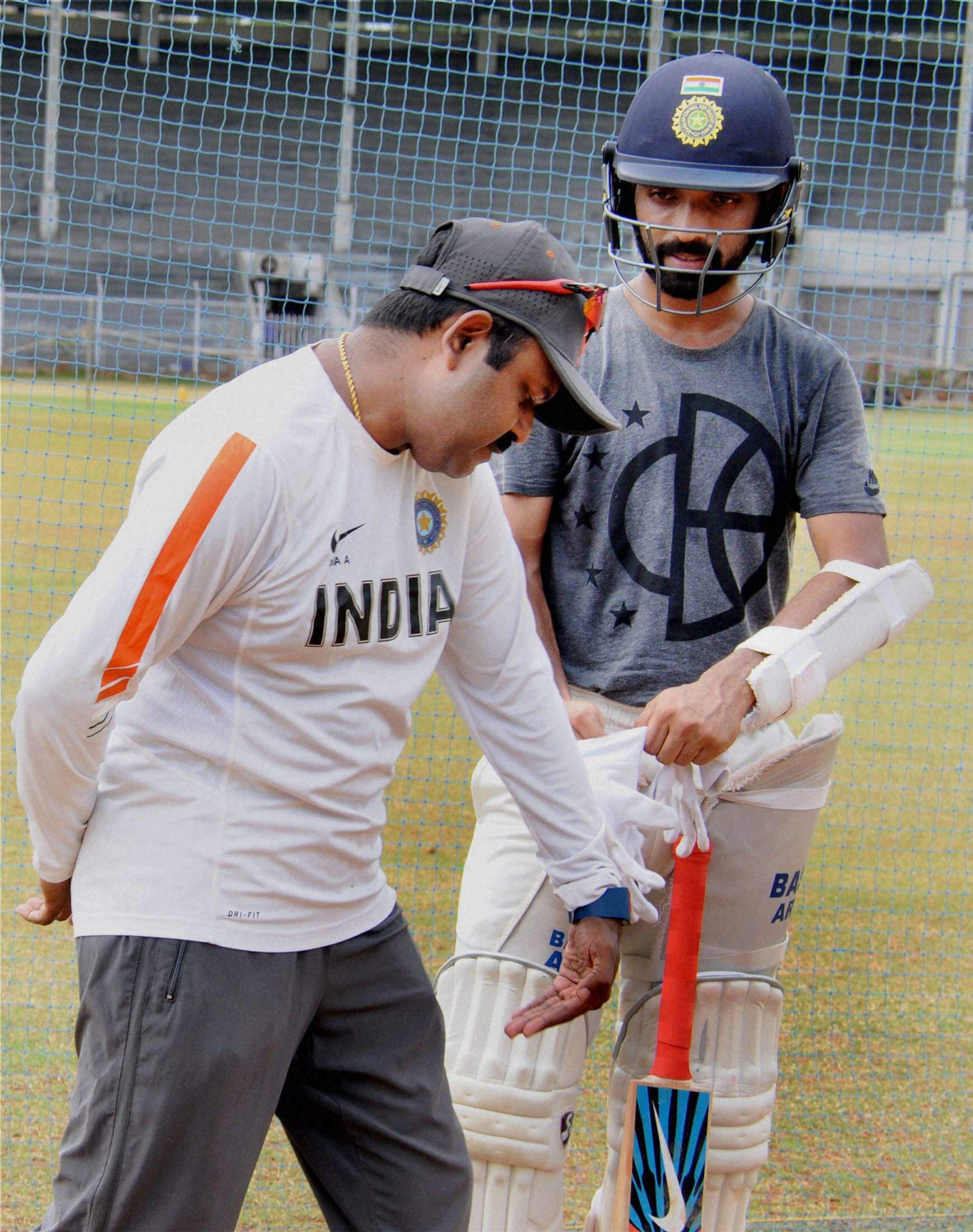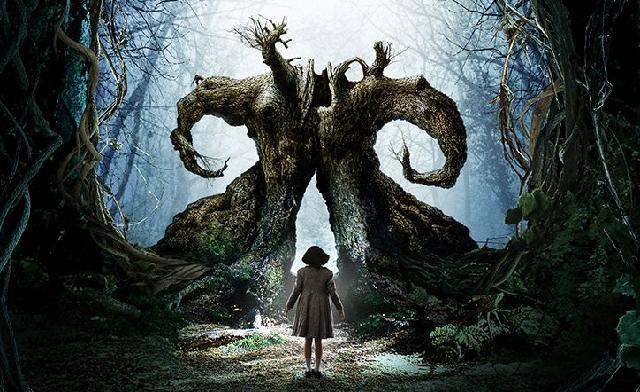What Are Exoplanets And How NASA Detects Life Beyond Our Solar System
Bharti Airtel Set To Acquire Telenor India Within This Year
Google Celebrates NASA’s Discovery Of Seven Earth-Like Planets With An Animated Doodle
Some Home Remedies That Might Sound Bizarre But Actually Work Like A Charm
Akshay Kumar Feels He Has Made Enough Money, Now Wants To Focus On Content & Characters
Delhi ATM Dispenses Fake Rs 2000 Notes From ‘Childrens Bank of India’ With ‘Churan Lable’
Adolf Hitler’s Personal Telephone During World War II Is Up For Auction In The US
From Salman Khan To Rekha, Neil Nitin Mukesh’s Wedding Reception Was Quite A Starry Affair
BCCI Vs Lodha Standoff: Ex-Cricketers Continue To Voice Concern Over ‘One State One Vote’
As the BCCI vs Lodha standoff continues, former cricketers continue to voice their concerns over one of the sticking points of the suggested reforms by the committee -- the 'One State One Vote' policy. So what is the One State One Vote policy? The reform, one of the many that the BCCI has refused to implement despite the Supreme Court asking the board to do so, requires that states which have multiple associations like Maharashtra (Maharashtra, Mumbai and Vidarbha) and Gujarat (Gujarat, Saurashtra and Vadodara) will be reduced to one permanent membership in the BCCI. So where there six votes shared by these two states, the Lodha panel suggested two votes. The associations were to be given full membership status on a rotational basis. The different Ranji teams will continue to exist but only one of them would have policy-making influence in BCCI. Why is there opposition to 'One State One Vote'? Former cricketers strongly believe it will destroy the legacy of teams which have historically contributed tremendously to Indian cricket. Speaking to ScoopWhoop on Wednesday, Praveen Amre, former Test cricketer and member of the managing committee of MCA (Mumbai Cricket Association), expressed his concerns over implementing the reform. "While it is great that the Lodha committee wants to involve smaller states more in running cricket, it cannot come at the cost of teams that have contributed immensely to Indian cricket. Mumbai, for instance, has provided so many Test cricketers to the nation. Last year, the Mumbai team won the Ranji Trophy, reached the finals of many age-group tournaments. It's not fair for a team with such history to be ignored -- even if it is on a rotational basis," Amre told ScoopWhoop. It is not just Amre, former India greats like Kapil Dev, Sunil Gavaskar and Ravi Shastri issued similar concerns over the policy in recent days. "I could not understand that Maharashtra can have only one vote. How can a place like Mumbai, which has done so much for cricket, vote only after three years?" World Cup winning captain, Kapil had said Amre echoes that sentiment. "We are not against any state getting full membership with the BCCI. The whole idea of the Lodha committee reforms is to take Indian cricket to the next level and I appreciate that. But these extreme rules should not be at the cost of associations who have done so much for Indian cricket. The one-vote policy will mean that the players will start to migrate from, say Mumbai to Maharashtra, every few years and there will be no stability." Is there a solution? Amre is in full agreement with the fact that non-traditional cricketing centers need to be involved more but the solution has to be a middle ground to keep associations like Mumbai, Saurashtra to continue being a part of the policy-making structure. "Extremely conservative rules will hurt Indian cricket, you do not want inexperienced people running the show," he says. What next? On Thursday, the Supreme Court of India will listen to BCCI's response to Lodha committee's status report, which criticised the board for failing to meet the deadline to implement the reforms. The standoff between Lodha panel and BCCI, which Amre termed as a series of misunderstandings, reached new highs over the last few days. Missed deadlines, rumours of frozen bank accounts and potential cancelation of the New Zealand series, emails and press conferences -- it has been a whirlwind few weeks for BCCI and the SC-appointed committee. The latest SC hearing will be in response to the Lodha panel's request that the board's top officials - the president, secretary, joint secretary and treasurer - be "superseded" with "immediate effect" and replaced by a panel of administrators. Who will blink first? Only time will tell.





